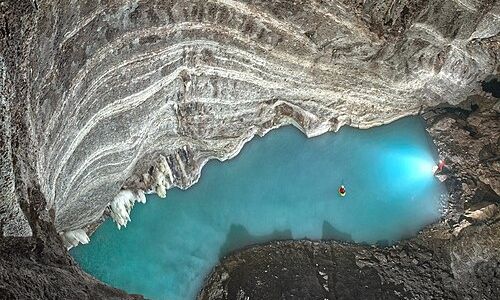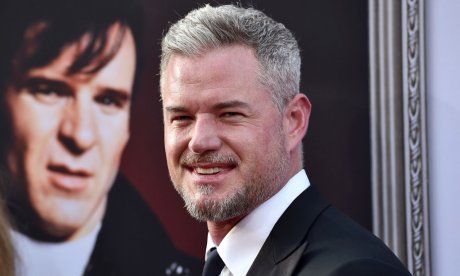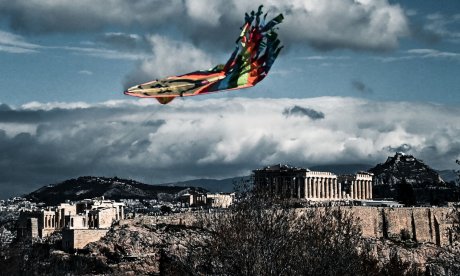Amphipolis: A "breath" from the uncovering of the ancient floor of the third chamber
The soil from the chamber of the magnificent tomb of Amphipolis has almost removed and the excavation team is one step away from uncovering the secrets of the burial monument.
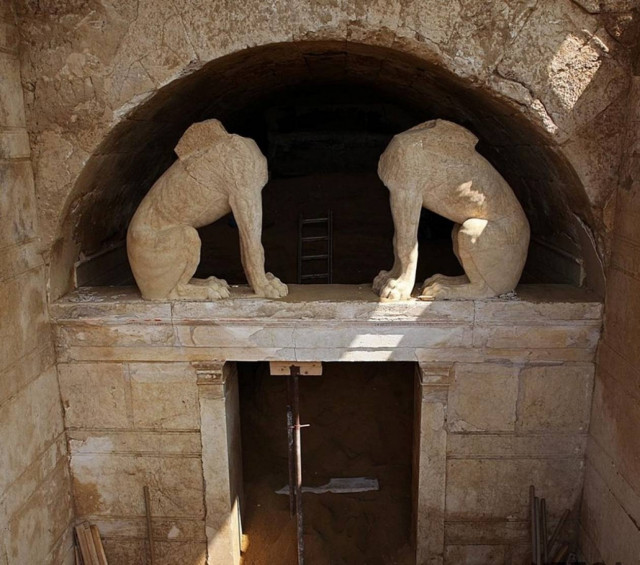
The battle with the soil seems to heading towards the end and the revelation of what hides the great tomb comes closer and closer.
The bad weather conditions prevailing in the weekend was not an obstacle to the archaeologists, who continued normally excavations and the removal of soil from the chambers.
According to the newspaper "Ethnos", the multidisciplinary team performing the work on the Kasta hill believes that within the next 15 days, the excavation will be completed, as the soil will have been removed and the chambers will have been excavated.
Through the weekend (25-26 / 10) there was no official information from the Ministry of Culture and according to the information there were no new findings.
Scheduled formal update will be Tuesday (10/28/2014), the day of the National Anniversary of October 28, and until then will continue the removal of the soil. Here it should be noted that the third floor of the chamber is almost revealed.
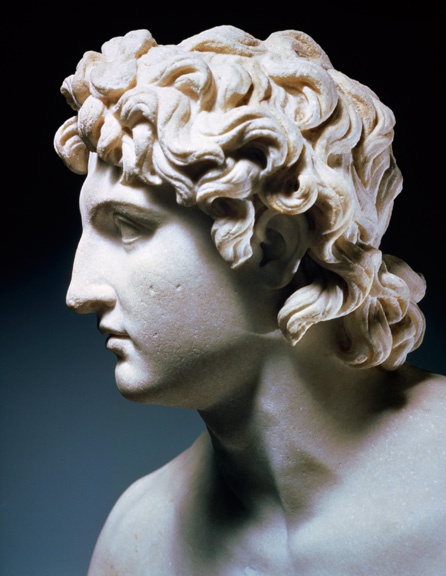
Who was Aristonous and what was is his relationship with the grave
A person who was associated with Alexander the Great and his mother, Olympias, is the governor of Amphipolis, Aristonous, who allegedly has some connection with the erection of the Kasta Tomb.
According to sources, Arrianos, the historian of the 1st AD century, attests that Aristonous was confidant of Alexander the Great. According to his texts: "And he had then seven bodyguards, the generals Leonattos of Anteo, Hephaestion of Amyntoras, Lysimachus of Agathocles, the Aristonous of Peisaios, all of them were from Pella [...]. "
The point at which we must stand is that Aristonous assumed command of Amphipolis, which eventually delivered to Cassander by order of the Olympiad. Cassander, while allegedly harbored the greatest respect for Aristonous, because of its close relationship with Alexander the Great, killed him. Of course, as he used, before ordering his assassination, Cassander had assured him that if Aristonous surrendered he would not run the slightest risk.
So, according to the scenarios, the grandiose funerary monument has been constructed by Aristonous, in the memory of the dead warlord, Alexander the Great.




